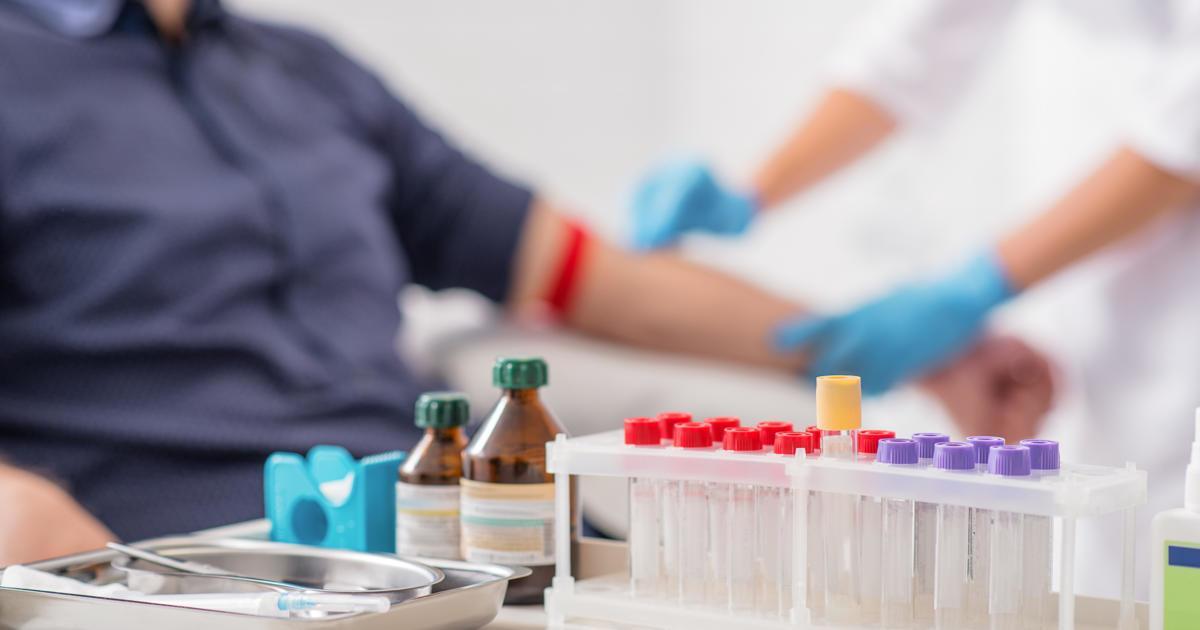Warning Signs Of Peptic Ulcer Disease
Changes In Weight

Often, patients who are dealing with a peptic ulcer experience either rapid weight gain or loss in a short amount of time. This is often due to either the pain caused by peptic ulcer disease or the changes in eating habits they may experience. Not wanting to eat due to pain and feeling full quite easily, and avoiding meals are three reasons why some individuals may lose weight when suffering from peptic ulcer disease, while on the flip side, duodenal pain may improve when eating, drinking, or taking antacids, and may cause an individual to gain weight with this condition.
Unfortunately, the pain and discomfort are characterized as a gnawing or burning sensation in the abdomen, and antacids may only provide temporary relief. Gastric ulcer pain is generally aggravated by eating, especially spicy foods, therefore certain foods that cause discomfort should be avoided until this condition is properly treated.
Anemia

Peptic ulcers are open sores that occur in the stomach’s lining or intestines and are categorized as gastric ulcers or duodenal ulcers due to their location. These ulcers are often caused by a bacterial infection that breaks down the lining in the stomach or small intestines. Unfortunately, peptic ulcers can lead to anemia due to the internal bleeding they create, and bleeding ulcers can go unnoticed for some time, and may even cause life-threatening hemorrhages.
Many patients are not even aware that the ulcer is bleeding until symptoms of anemia appear, such as fatigue, shortness of breath, a lack of energy, lightheadedness, and pale skin. A heavily bleeding ulcer may cause black and sticky stools and bloody vomit that looks like coffee grounds. If a patient is experiencing any of these symptoms and they have peptic ulcer disease, they should seek medical attention immediately.
